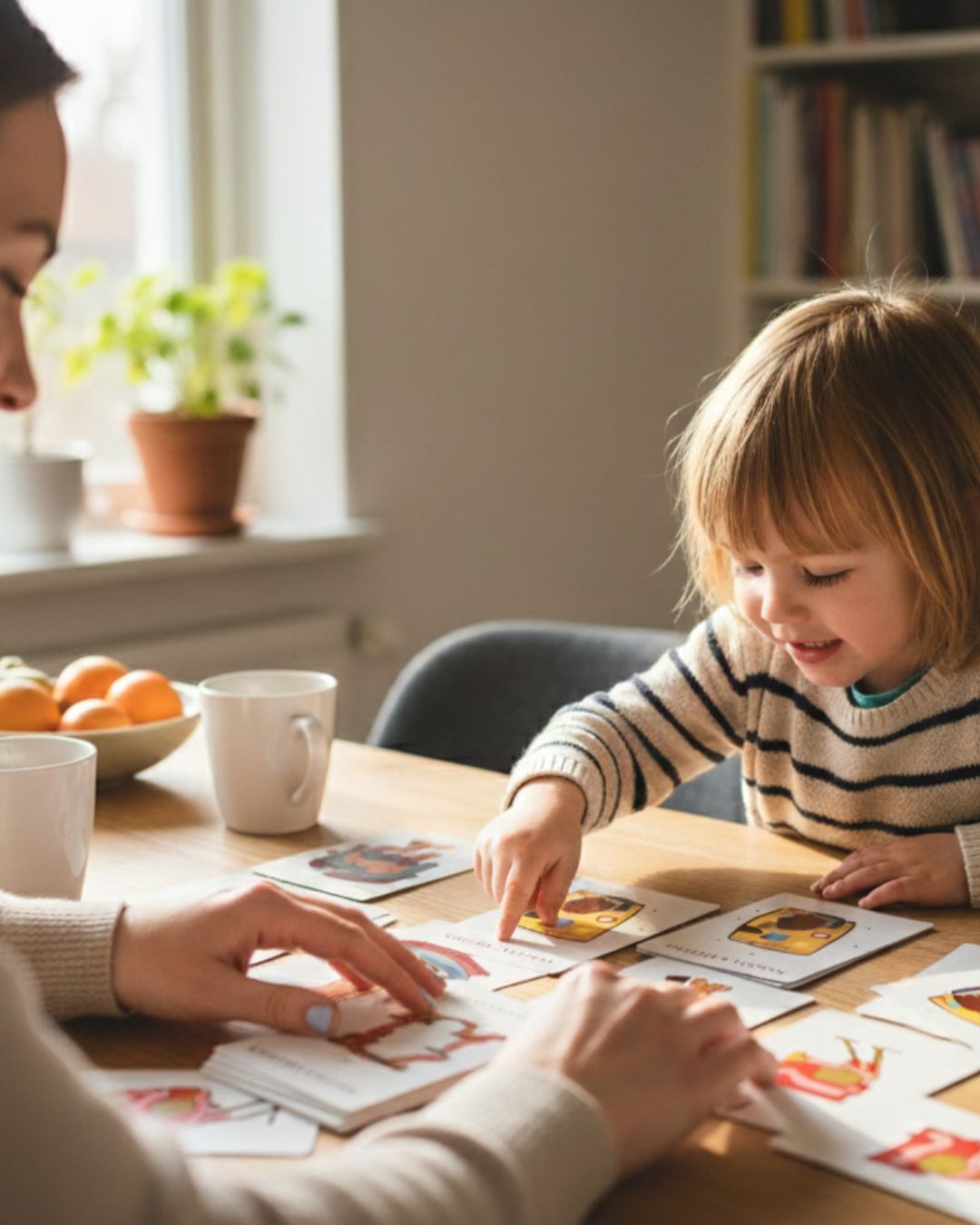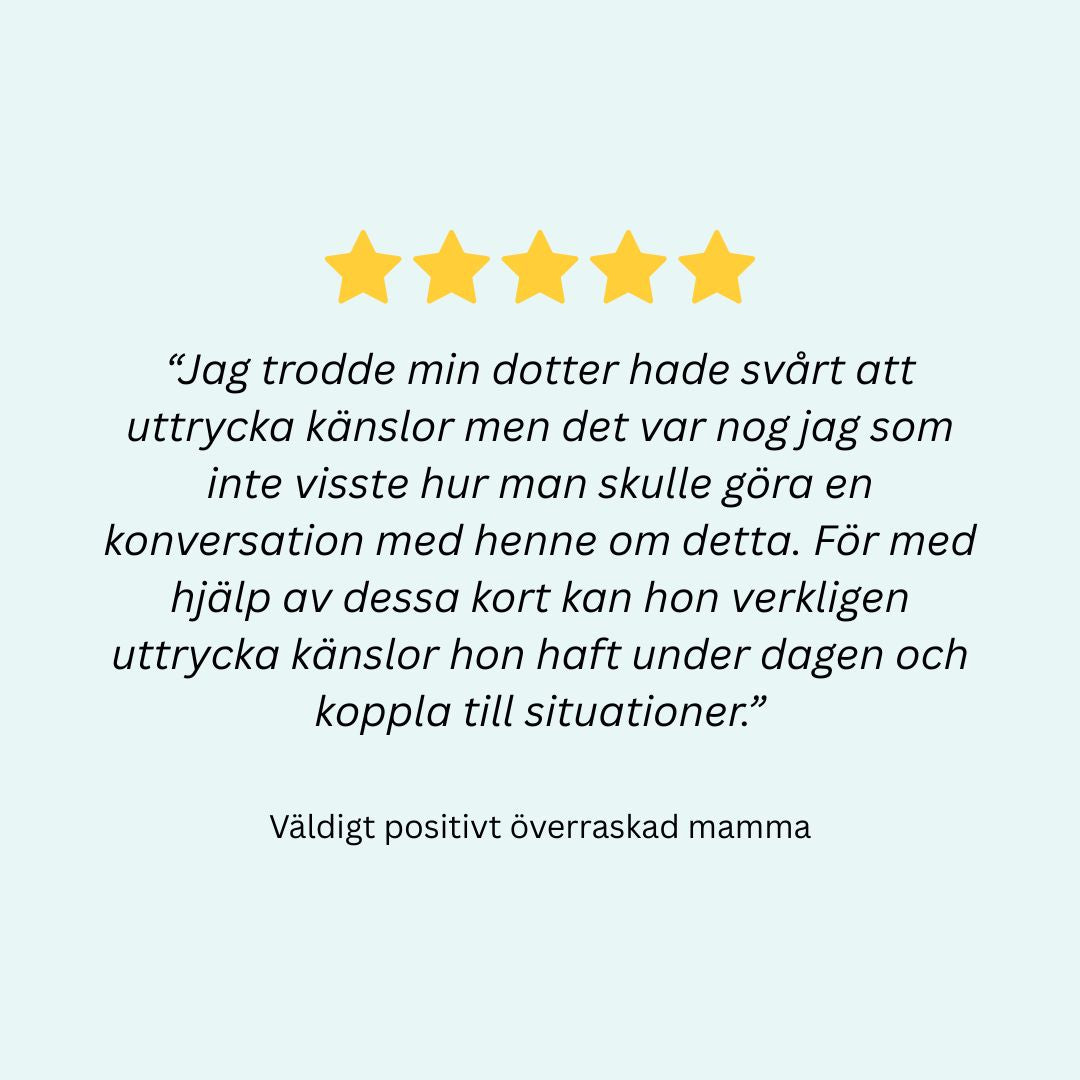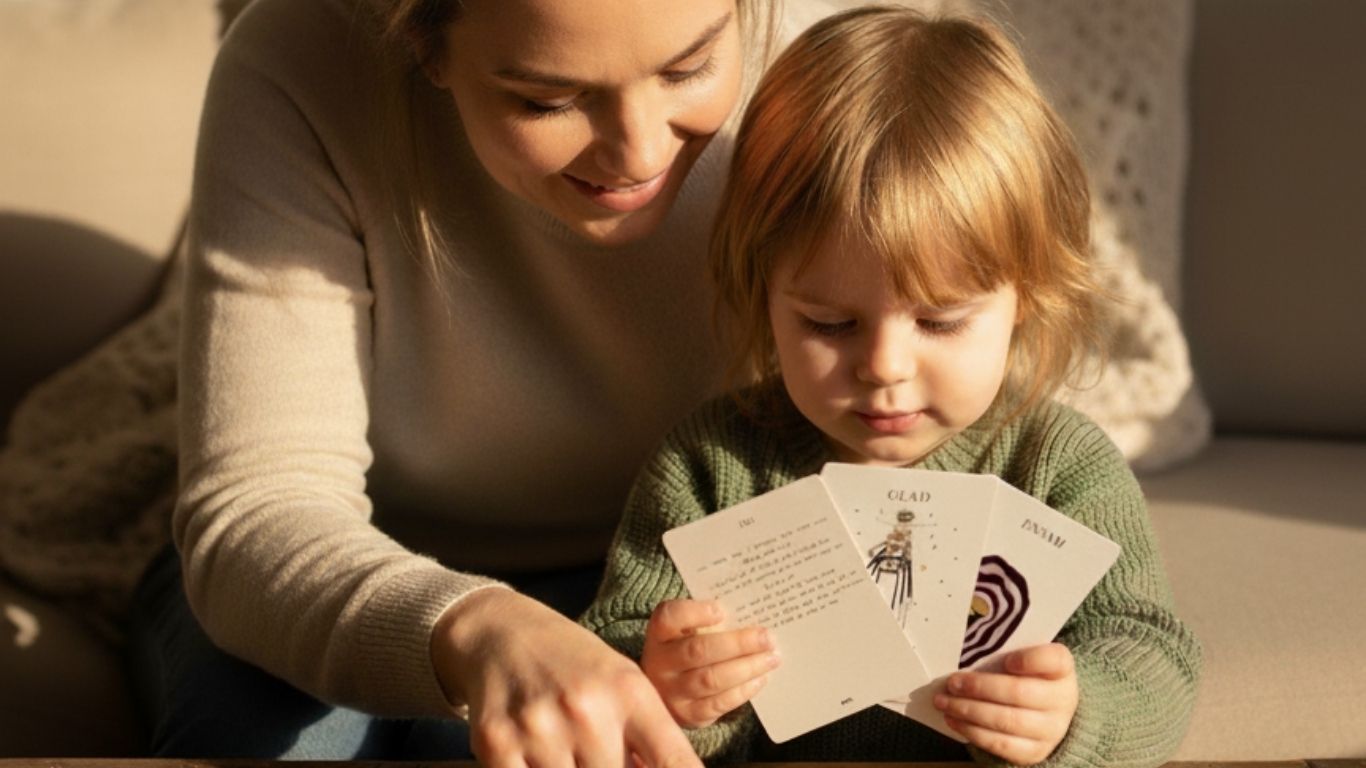Choose your deck
BUILDING STRONGER RELATIONSHIPS AT HOME
Bonki's card decks are created to spark conversations between children and adults.
✔ Simple questions and scenarios
✔ Developed by psychologist
✔ Works at home, at school or on the go
My Safe Daily Routine - A3 poster (Copy)
- Regular price
-
$12.00 - Regular price
-
- Sale price
-
$12.00



3-step conversation

WHY BONKI?
Bonki is more than just ordinary conversation cards. All questions are developed together with licensed psychologists and designed to provide something that ordinary questions cannot: security, depth and long-term value.
✔ Psychologist designed – Based on research and proven experience. Each question acts as a therapeutic gateway, creating conversations that would otherwise never happen.
✔ Building relationships – from everyday moments to life's big questions, Bonki makes it easy to meet for real. Works in the family, with friends, at school or in a relationship.
✔ Easy to start, hard to stop – Questions that arouse curiosity and emotions. Conversations in just 5 minutes, which can lead to conversations that continue long afterwards.
✔ Creates lifelong value – strengthens self-esteem, resilience and empathy. Beautifully crafted cards with timeless designs — created to last.

Over 10,000 satisfied customers
- Easy to use from day one
- Used by hundreds of families every week
- Created by psychologist with 20+ years of experience
- Available in both Swedish & English
- Premium design & sustainable printing
Don't wait until the moment is over
Children grow up. Relationships change. Missed conversations can't be taken back. With Bonki, you get the tools to start now — and build closeness, understanding, and strength that will last a lifetime.
🧠 Psychologist designed • ❤️ Loved by families & schools • 🌱 For lifelong well-being














